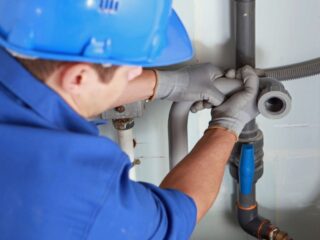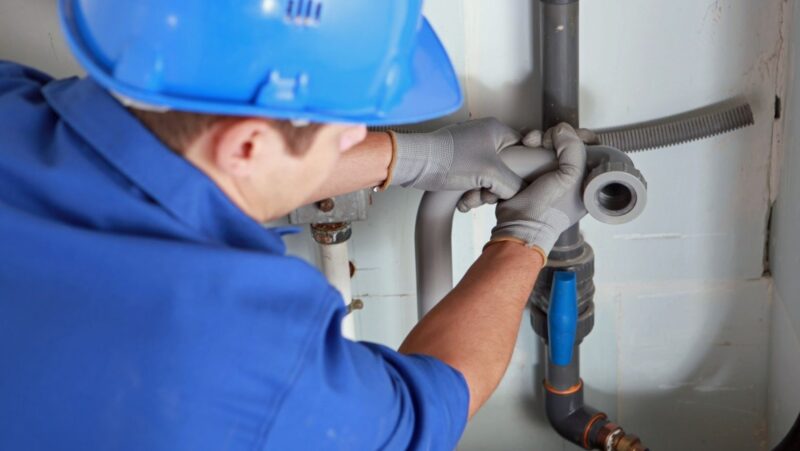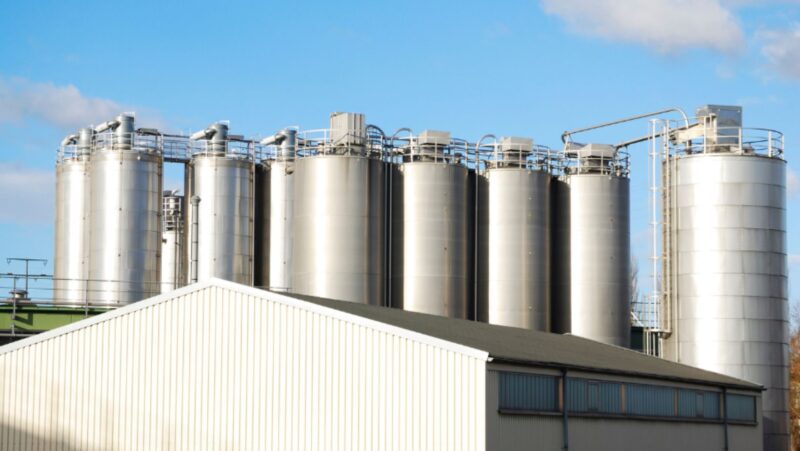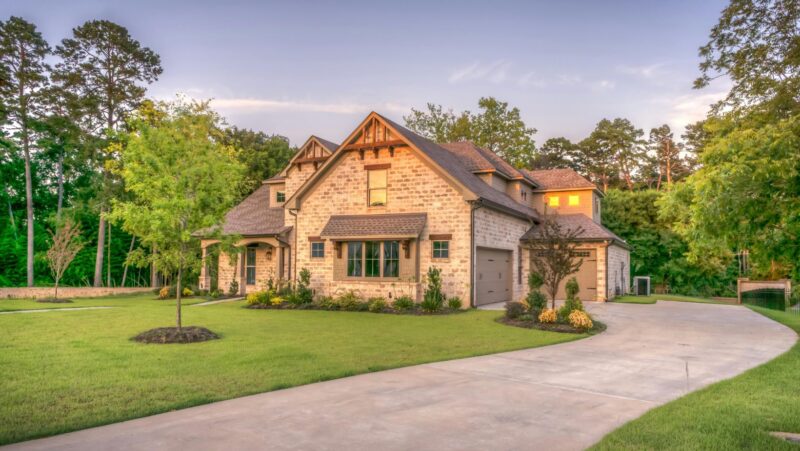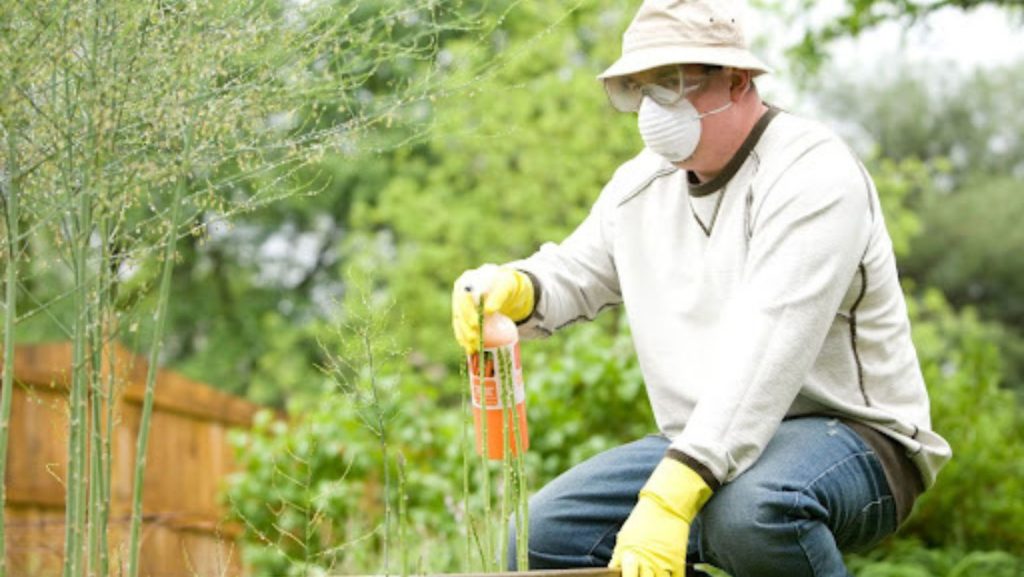
Pest control is a crucial aspect of maintaining a healthy and safe living environment. Whether it’s your home, workplace, or any other space, the presence of pests can lead to various issues, ranging from property damage to health hazards. Regular pest control is not just about eliminating visible pests; it’s a proactive measure that helps prevent infestations and ensures a harmonious coexistence with the diverse ecosystem around us. In this article, we will delve into the importance of regular pest control and how it goes beyond mere extermination.
Preserving Property Integrity
One of the primary reasons for investing in regular pest control is to preserve the integrity of your property. Pests such as termites, rodents, and carpenter ants can wreak havoc on the structural components of buildings. Left unchecked, these pests can cause significant damage to wooden structures, insulation, and even electrical wiring. Termite infestations, for instance, are notorious for silently compromising the structural stability of a property, often leading to extensive and expensive repairs.
Regular pest control acts as a preventive measure against such threats. By conducting routine inspections and treatments, professionals can identify potential vulnerabilities in a structure and address them before pests can exploit them. This not only safeguards the physical integrity of the property but also helps in avoiding costly repairs that may arise from neglecting pest control measures. In essence, investing in regular pest control is a proactive step towards preserving the longevity and value of your property.
Protecting Health And Well-being
Beyond property damage, pests can pose serious health risks to occupants of a space. Insects and rodents are carriers of various diseases, and their presence can contaminate food, surfaces, and the air we breathe. Cockroaches, for example, are known to carry bacteria and allergens that can trigger respiratory problems, while rodents can transmit diseases through their droppings and urine.
Regular pest control is a vital component of maintaining a healthy living environment. It not only targets existing infestations but also creates a barrier against potential health threats. Pest control professionals use methods that are safe for humans but effective against pests, ensuring that the eradication process doesn’t introduce harmful substances into the living space. This preventive approach to pest control is particularly crucial in areas where certain pests are prevalent, minimizing the risk of disease transmission and promoting overall well-being.
Preserving Ecological Balance
While the immediate goal of pest control is to protect property and human health, it is also essential for preserving the delicate balance of ecosystems. Indiscriminate use of chemical pesticides can have adverse effects on non-target organisms, disrupting the natural food chain and ecosystem dynamics. Regular pest control, when done responsibly, involves strategic and targeted interventions that minimize collateral damage to beneficial species.
Integrated Pest Management (IPM) approaches, which focus on using a combination of biological, physical, and chemical methods, exemplify the commitment to ecological balance. These methods not only control pest populations but also promote sustainable practices that consider the broader environmental impact. By embracing responsible pest control measures, we can ensure that the delicate balance of nature is maintained, preventing the unintended consequences of unchecked pest infestations and the use of harmful chemicals.
Finding Professional Assistance
Regular pest control involves a multifaceted approach, and seeking professional assistance is a crucial aspect of its effectiveness. If you’re looking for pest control in Springfield, MA, or any other place, it’s essential to engage with experienced professionals who understand the local pest dynamics and can tailor their strategies accordingly. Professional pest control services not only provide effective eradication but also offer preventive measures and ongoing maintenance plans. These experts can conduct thorough inspections, identify potential vulnerabilities, and implement strategies that align with both property-specific needs and environmental considerations. By partnering with professionals, you ensure that your pest control efforts are not only reactive but also proactive, contributing to a sustainable and pest-free living environment.
Mitigating Environmental Impact
An often overlooked aspect of regular pest control is its potential environmental impact. Traditional pest control methods that rely heavily on chemical pesticides can harm not only the targeted pests but also beneficial insects, birds, and other wildlife. This unintended consequence can disrupt ecosystems and lead to long-term environmental degradation. However, modern pest control practices, such as Integrated Pest Management (IPM), prioritize environmentally friendly solutions. By utilizing biological controls, habitat modification, and targeted pesticide applications, these methods minimize harm to non-target species and promote a more sustainable coexistence between humans and nature.
 Educating And Empowering Residents
Educating And Empowering Residents
Another significant benefit of regular pest control is the opportunity it provides for education and empowerment. Pest control professionals can not only eliminate existing infestations but also educate residents on preventive measures and early detection signs. This knowledge empowers individuals to take an active role in maintaining a pest-free environment. From simple hygiene practices to identifying potential entry points for pests, residents armed with this information become partners in the pest control process. This collaborative approach not only strengthens the effectiveness of pest control efforts but also fosters a sense of responsibility among residents to contribute to the overall well-being of their communities.
The importance of regular pest control extends beyond the immediate goals of property preservation and health protection. It encompasses a holistic approach that considers environmental sustainability, community engagement, and long-term well-being. Whether you’re concerned about property damage, health risks, or the ecological balance, incorporating regular pest control measures is a proactive step toward creating a harmonious living environment. By embracing responsible practices, seeking professional assistance, and fostering community education, individuals can play a vital role in maintaining a pest-free space that thrives in both the short and long term.

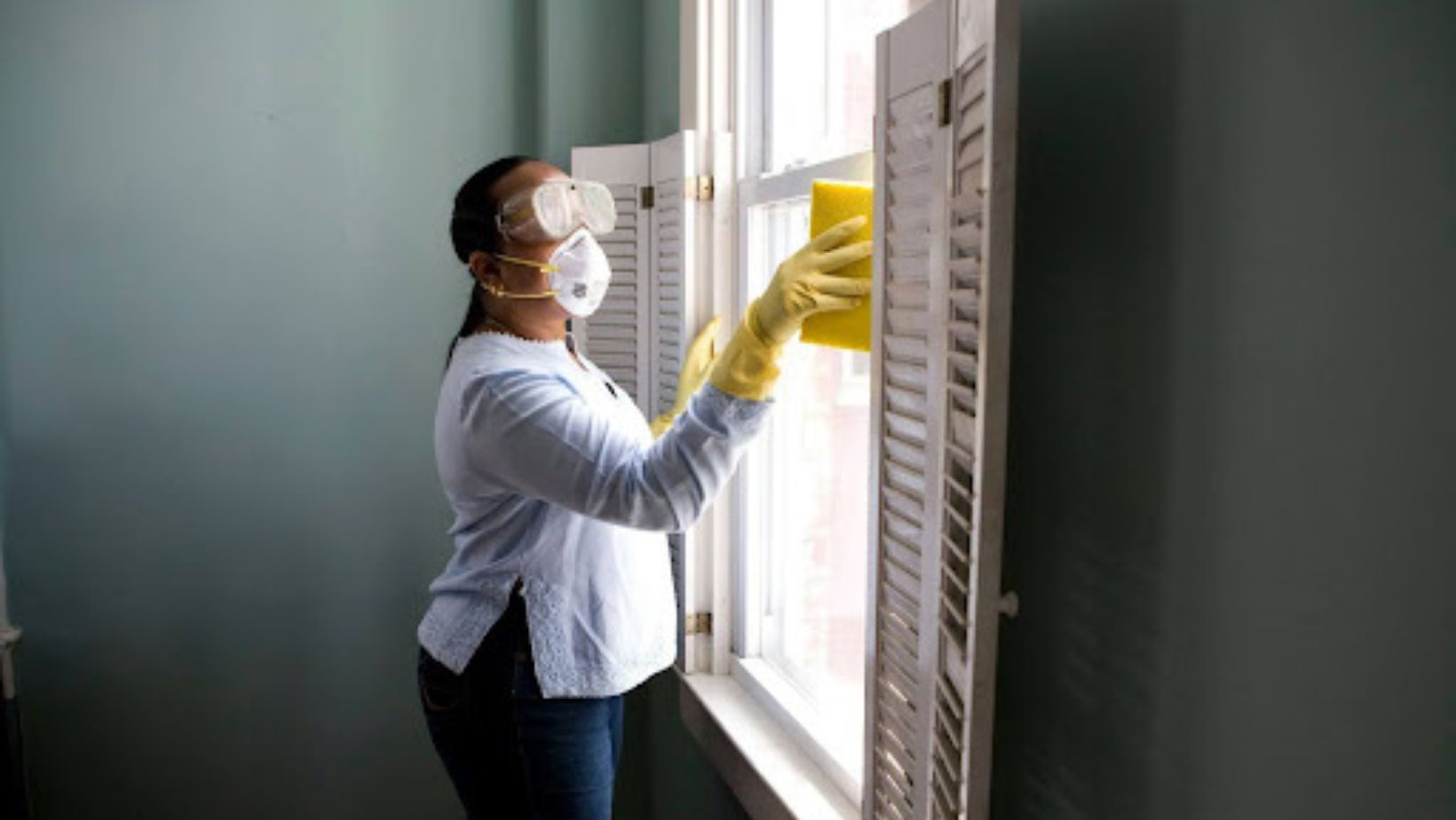
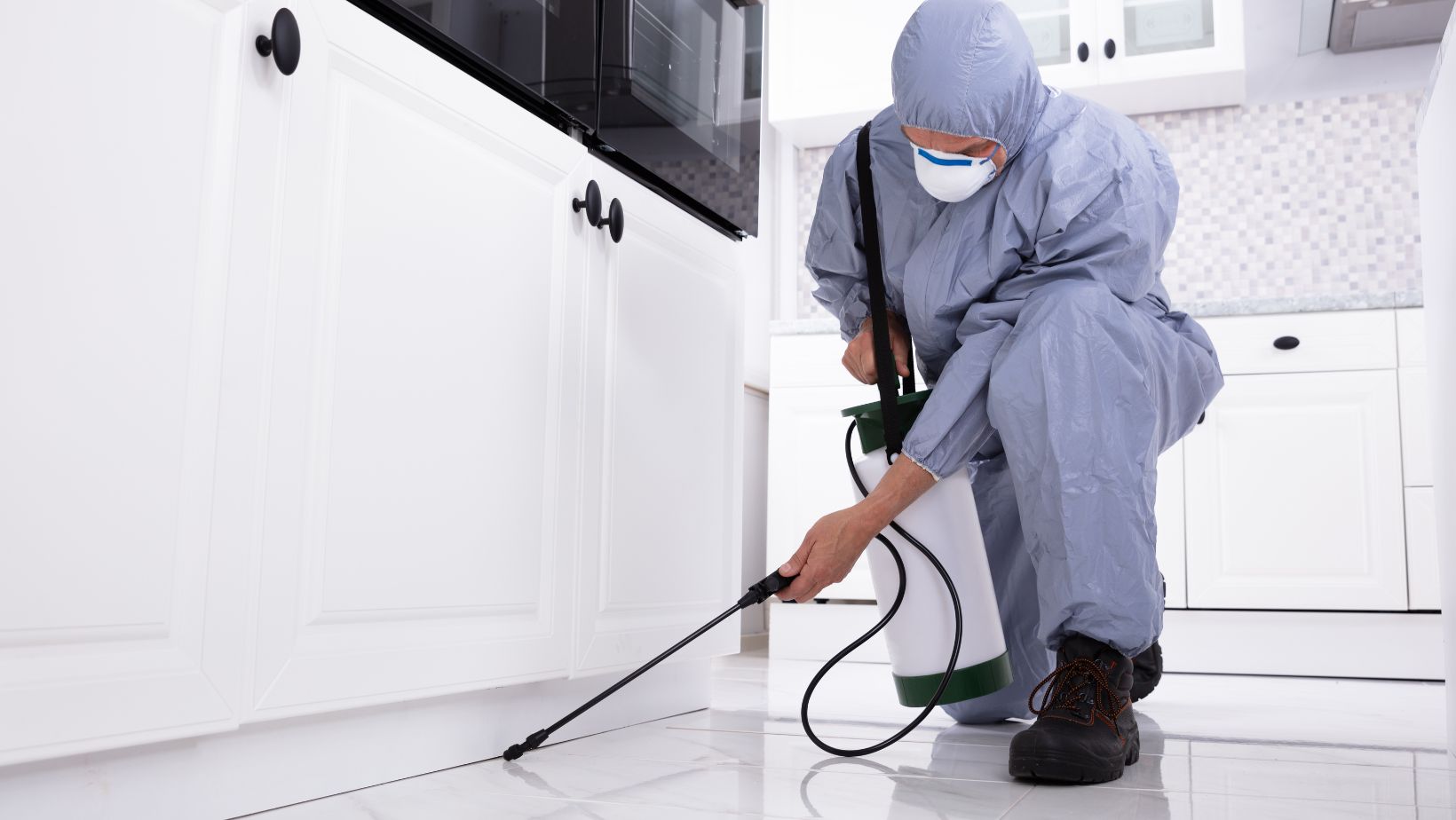 Educating And Empowering Residents
Educating And Empowering Residents
